The term special needs can sound scary. But it doesn’t have to stay that way. Our goal at NHBO is to equip and inform parents – replacing fear with knowledge – as they navigate the beginning stages of special needs adoption. And then encourage and support those home with their special needs kiddos.
We do much of this through our Family Stories. In addition to our regular content, each month (except January) we feature Family Stories focused on a specific group of Special Needs. Here are some links from previous years organized by category:
February: Heart – 2017 || 2016 || 2015
March: Blood Conditions – 2017 || 2016 || 2015
April: Central Nervous System – 2017 ||2016 || 2015
May: Vascular – 2017 ||2016 || 2015
June: Orthopedic – 2017 || 2016 || 2015
July: Craniofacial – 2017 || 2016 || 2015
August: Infectious – 2017 || 2016 || 2015
September: Skin Conditions – 2017 || 2016 || 2015
October: Developmental – 2017 || 2016 || 2015
November: Urogenital – 2017 ||2016 || 2015
December: Sensory – 2016 || 2015
November is our month to focus on urogenital needs. And all month long, we’ll be featuring family stories of children with needs like anorectal malformation, cloaca, hypospadias, ambiguous genitalia, and VACTERL.
Over the years, many family stories related to these special needs have been shared. And – during this month focusing on skin conditions – we wanted to take a moment to look back at just a few of our favorites.
Let’s go.
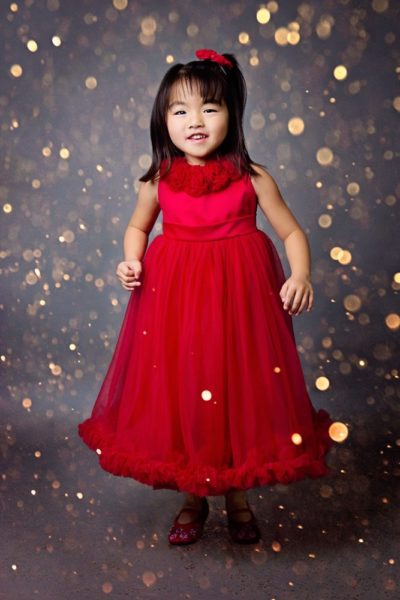
Anorectal Malformations
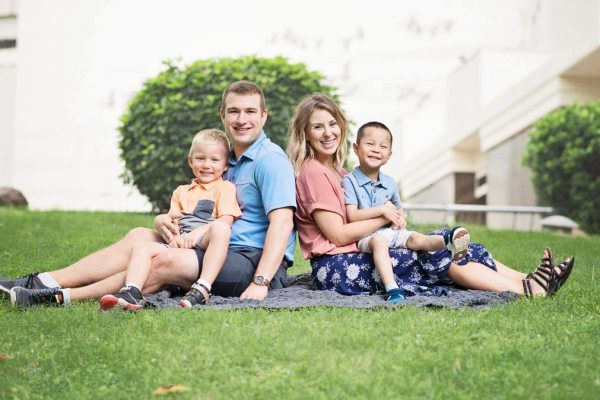
Anorectal Malformations: (or ARMs – sometimes referred to as anal atresia and/or imperforate anus) are defects that occur during the fifth to seventh weeks of fetal development. With these defects, the anus (opening at the end of the large intestine through which stool passes) and the rectum (area of the large intestine just above the anus) do not develop properly.
In this post from 2016, mom Ileah shares the joys and struggles they had in the days, weeks and months following their son’s adoption.
Read more NHBO posts on this special need here.
Cloaca
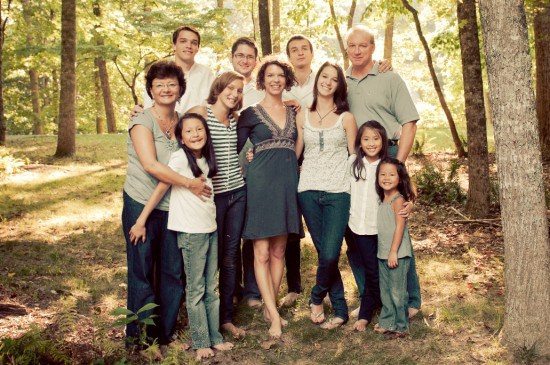
Cloaca: a type of anorectal malformation in which the rectum, vagina, and urethra open into a common area or single common channel.
In this post from 2015, Stephanie, mom to two daughters with urogenital needs, shares her answers to questions about parenting a child with cloaca.
Read more NHBO posts on this special need here.
Cryptorchidism
Cryptorchidism: the most common congenital abnormality of the genitourinary tract. Cryptorchidism is the absence of one or both testes from the scrotum. Most cryptorchid testes are undescended, but some are absent (due to agenesis or atrophy).
An anonymous mama tells her story to adopt a son with undiagnosed cryptorchidism (along with other urogenital needs) and how they have navigated the challenges they faced as a new family, one day at a time.
Read more NHBO posts on this special need here.
Hypospadias
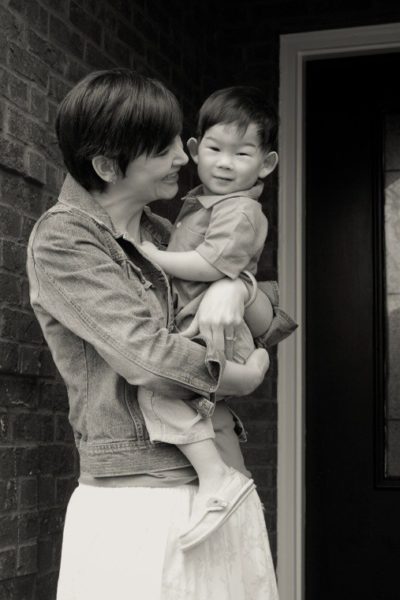
Hypospadias: a congenital defect in which the opening of the urethra is on the underside of the penis. The urethra is the tube that drains urine from the bladder. In males, the opening of the urethra is normally at the end of the penis. Hypospadias is a common birth defect occurring in approximately one in every 250 newborn boys; the cause of hypospadias is usually unknown.
Past contributor, Kam, shares the successes and challenges of walking through numerous surgeries her son had to endure to repair his hypospadias.
Read more NHBO posts on this special need here.
Incontinence
Incontinence: Incontinence is defined as a problem controlling urination or defecation. A person may be incontinent of urine, stool, or both.
Regular contributor, Jennifer, put together a hugely informative post for families parenting children with incontinence.
Read more NHBO posts on this special need here.
Underdeveloped/Ambiguous Genitalia
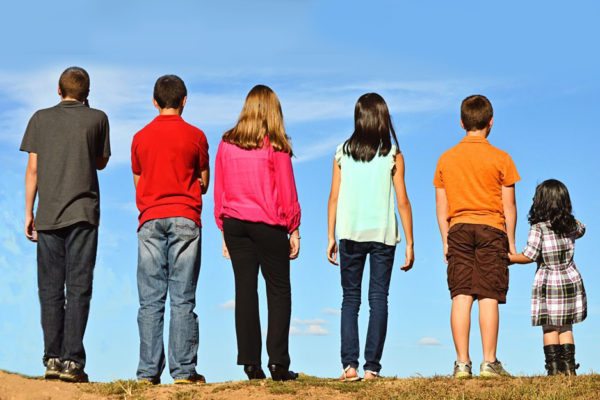
Underdeveloped/Ambiguous Genitalia:
Disorders of Sex Development (DSD) are defined by the medical community as, “Congenital conditions in which development of chromosomal, gonadal or anatomic sex is atypical.” When reviewing a child’s file their special need may be referred to as “hermaphroditism”, “ambiguous genitalia”, “vaginal atresia”, “micro-penis”, etc. It is nearly impossible to know which DSD your child has based on those terms alone.
An anonymous mama shares her story of adopting a daughter who. once home, was diagnosed with a DSD of Congenital Adrenal Hyperplasia.
Read more NHBO posts on this special need here.
VACTERL
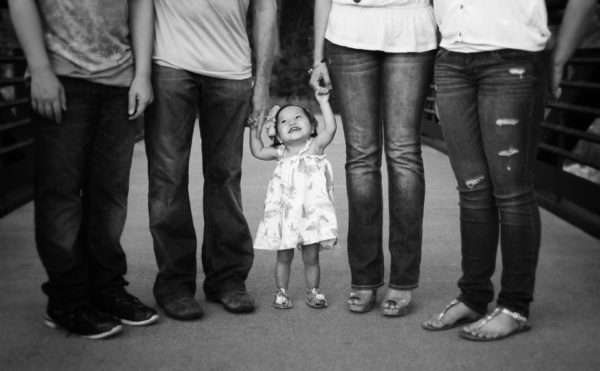
VACTERL: an acronym used to describe a series of non-random birth defects which occur together.
V stands for vertebral anomalies
A stands for imperforate anus or anal atresia
C stands for cardiac (heart) defects
TE stands for tracheal-esophageal fistula (TEF) or esophageal atresia (EA)
R stands for renal or kidney anomalies
L stands for limb abnormalities which can include a displaced or hypoplastic thumb, extra digits (polydactyly), fusion of digits (syndactyly), and forearm defects such as radial aplasia
The most common heart defects seen with VACTERL association are ventricular septal defect (VSD), atrial septal defects (ASD), and tetralogy of Fallot (TOF).
Past contributor, Amy, recounts their family’s journey to adopt a little girl with numerous acronym-ed special needs, including VACTERL.
Read more NHBO posts on this special need here.
If you are parenting a child from China with a special need and would like to share your story on No Hands But Ours, let us know. Just complete this short form and we’ll be in touch with you soon.

























Leave a Reply